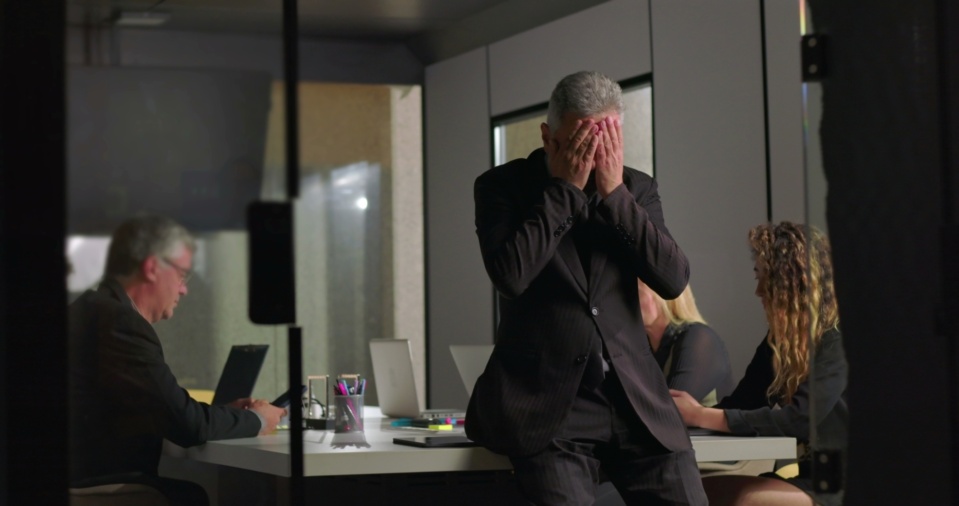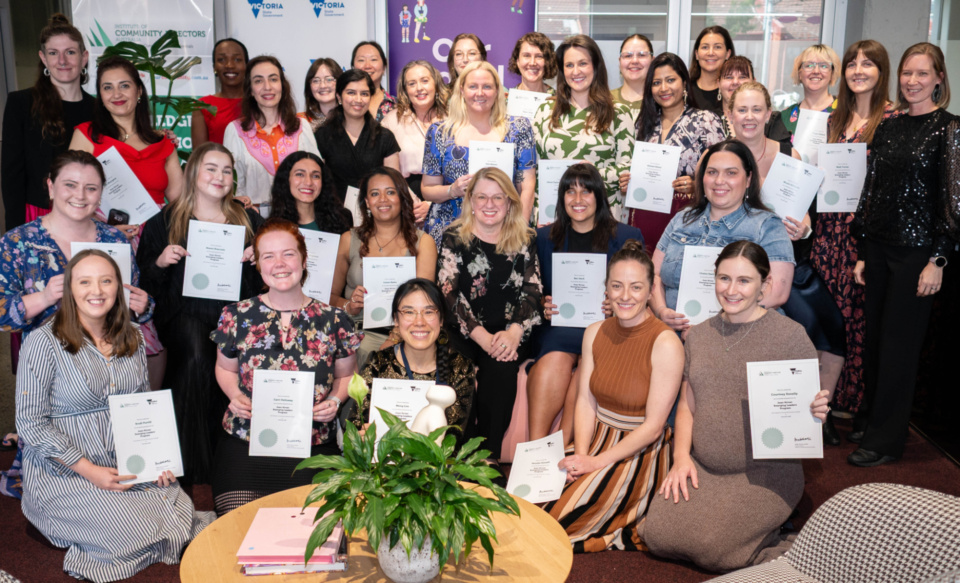
What not-for-profit leaders need to know in 2026
Posted on 12 Feb 2026
Our special NFP trends report distils the views of more than two dozen experts.
Posted on 13 Mar 2025
By Adele Stowe-Lindner

As adults, we vote for representatives at election time and appoint people to positions. We’ll be doing just that at a federal election in the next few months. But whether someone is actually a leader? That’s up to them.
While “leadership” is a noun, it operates as a verb. Leadership is about opting in to leading, and taking action that has an impact. It takes effort, energy, time, care and emotions. Often courage. Usually risk.
I’ve been thinking about this lately in the context of student leadership at the school my kids go to.
School is about learning and preparation for life, and in the real world, most kids don’t get jobs by popular vote. Yet most schools persist in electing or appointing students to leadership roles. Is that really the best way to teach leadership?
The British wartime prime minister Winston Churchill told the House of Commons, "…it has been said that democracy is the worst form of government except for all those other forms that have been tried from time to time”. I would suggest that democracy is a concept or ethos more than a form or system – each democratic country does its democracy differently. And it doesn’t promise to offer us leaders, it promises to offer us representatives. Whether those representatives exhibit leadership behaviours, such as accountability, authenticity, credibility, integrity, adaptability or vision, is up to them. And it’s up to us to decide whether we follow them or resist them, are inspired or demoralised.
When I came across an unusual approach to student leadership at my kids’ school, I was inspired. Instead of treating leadership as a title, this model treats it as an action.
"When we assume we’ve got the best system in place, it’s worth stopping to ask: is this the only possibility?"

Students demonstrate leadership by what they do, inside and outside the school community. They apply for the role of leader, articulate why they want it, and go through an interview where they’re asked tough questions.
They’re not called captains or prefects. They’re the secretariat. Their job is to serve the community from in front, from behind, and from the middle. The value isn’t in the title. It’s in what gets done.
When we are those representatives, on boards, we can make the choice to put the community at the centre of our decisions, to act ethically, to make the right choices which are not always the popular ones.
What do students learn from this model of leadership? That’s up to them – it’s their schooling, after all.
What have I learnt? That when we assume we’ve got the best system in place, it’s worth stopping to ask: is this the only possibility, have we asked all the questions that need to be asked, and can we do better?
For now, I’m just grateful that even as an adult, I can still learn from school.

Posted on 12 Feb 2026
Our special NFP trends report distils the views of more than two dozen experts.

Posted on 10 Feb 2026
As my family dropped our teenage son off at the airport in the first week of January to embark on a…

Posted on 11 Dec 2025
Community Directors trainer Jon Staley knows from first-hand experience the cost of ignoring…

Posted on 10 Dec 2025
As a qualified yoga instructor who learned the practice in her hometown of Mumbai, Ruhee Meghani…

Posted on 10 Dec 2025
Anyone working in an organisation knows it: meetings follow one after another at a frantic pace. On…

Posted on 10 Dec 2025
Stressed, overwhelmed, exhausted… if you’re on a not-for-profit board and these words sound…

Posted on 10 Dec 2025
The Institute of Community Directors Australia trains over 22,000 people each year, which gives us…

Posted on 03 Dec 2025
Many not-for-profit (NFP) board members in Australia are burnt out, overwhelmed and considering…

Posted on 26 Nov 2025
A roll call of Victoria’s brightest future leaders has graduated from a testing and inspiring…

Posted on 12 Nov 2025
At the Institute of Community Directors Australia, we believe that stronger communities make a…

Posted on 12 Nov 2025
Like many Community Directors members, Hazel Westbury is a community leader who isn’t easily…

Posted on 11 Nov 2025
I’ve seen what happens when fear of conflict wins out over taking a principled stand.